Features of foam glue and its manufacture
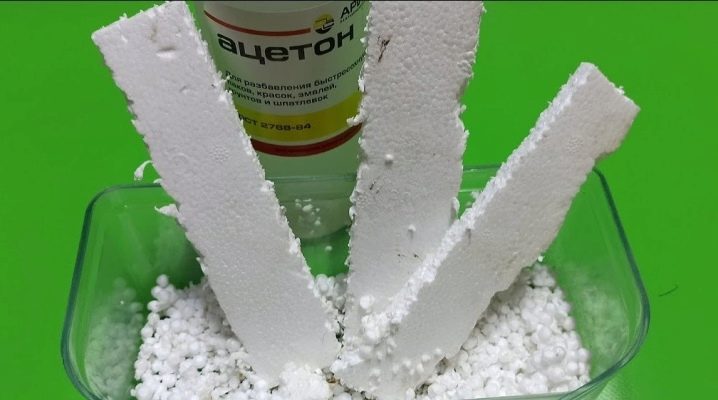
Some do not even realize that high-quality effective glue can be made from ordinary foam. The recipes for preparing this product are extremely simple, so anyone can make an adhesive solution. Such glue has a high quality of fixation and can be useful in any situation.
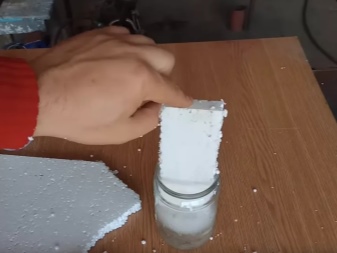
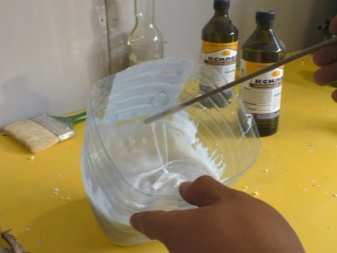
Advantages and disadvantages
Glue that sticks firmly is the best tool for those who urgently need to repair something. An adhesive solution prepared with foam and solvent has a number of other advantages.
- After drying, it becomes extremely hard, it is difficult to scratch it.
- It is used in many areas, which allows it to be versatile.
- At low cost, it has a decent quality.
- The glue is easy to apply as it has a thick consistency.
Despite the advantages, this tool also has some disadvantages that should be considered in more detail.
- The substance has a short shelf life and storage.
- The resulting seam is not very strong.
- A large amount of adhesive must be applied to create a secure finish.
- Long drying time (about 24 hours). It is necessary to use the solution quickly, since its best properties are retained for about 10-20 minutes after preparation.
- If you need to glue porous surfaces, you need to apply the product in 2-3 layers. It is important that each previous layer penetrates well the structure of the material (wood or brick).
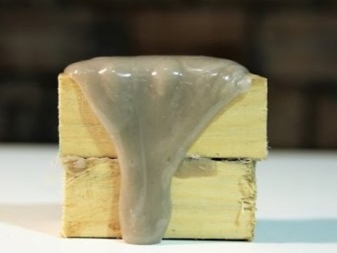
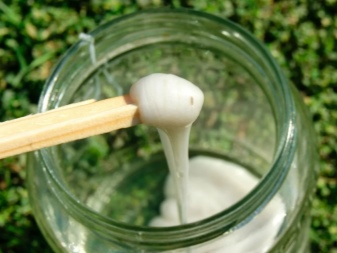
Which foam to choose?
To make quality glue, the following types of material are used.
- Extrusion - foam, which has a homogeneous structure due to its manufacture at high temperatures. The material comes out solid.
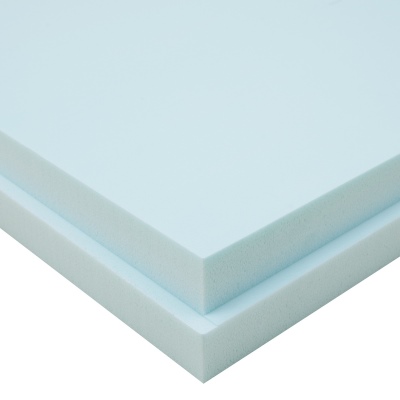
- Press material is very durable, does not crumble. In its production, pressing is used.
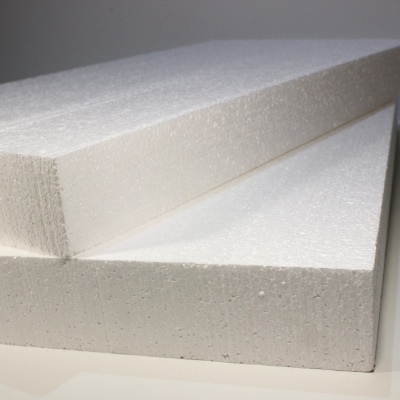
- Pressless sheets are a material with a large number of balls that are interconnected. If, for example, you hit it, the balls will separate, and the sheet will crumble quite easily. This foam is ideal for making glue, as it dissolves extremely quickly.
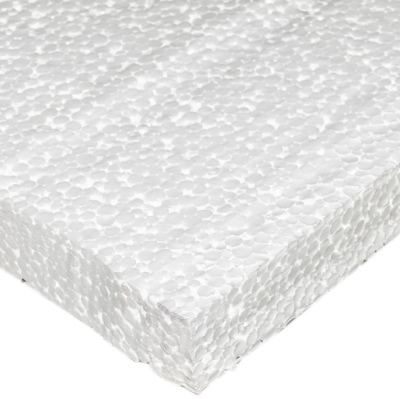
- Granular foam can be used, but before starting work, you should check how the granules will behave in solvents. Different types of this material react to them in different ways.
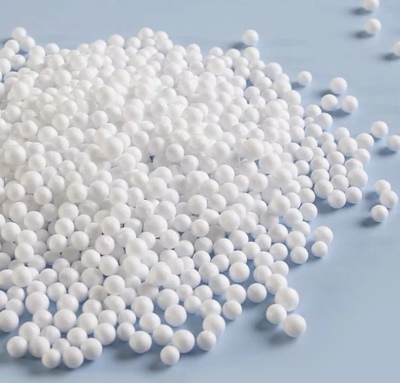
It is important to choose clean foam that is free from all kinds of marks (paint, dirt or dirt).
You should not take material that was used as a heat-insulating material for pipes underground, as it contains fire retardants.
What is being used?
The best way to dissolve the foam to a liquid state is acetone. In some cases, gasoline is used. Also, to get glue, you can use solvents for nitro paints and P646. Do not use leaded varieties and gasoline, which contains high concentration fuel alcohols. It is not recommended to choose kerosene fuel.
Vietnamese gasoline is a safe solvent containing acetone. With its help, a high-quality adhesive solution will be obtained from the foam. Pure acetone can be used to create a soft mixture that is easy to use. The adhesive will be applied evenly over the entire area.Other solvents can be used, for example xylene.
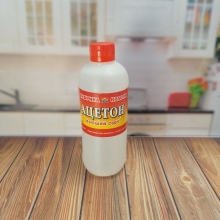
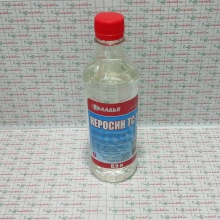
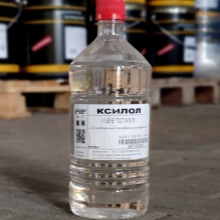
Manufacturing technology
Before making glue with your own hands at home, you need to prepare a container. It should be washed and dried thoroughly (best in the sun). Here are some recipes for making an adhesive solution with different solvents.
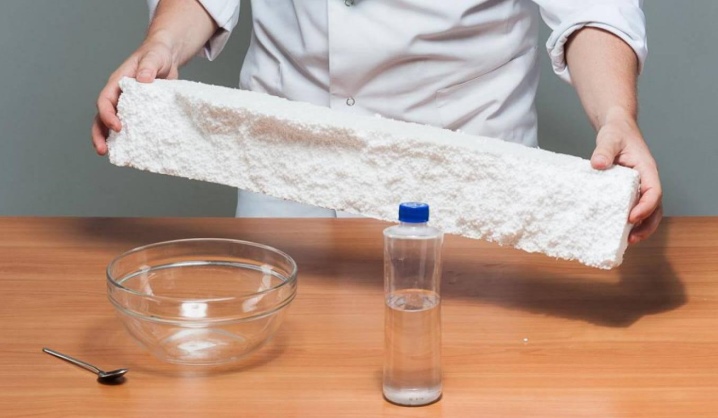
With gasoline
First, it is necessary to pour a tenth of gasoline into the container and crumble some of the foam. These components are thoroughly mixed.
It is important to ensure that the foam beads are several times larger than the liquid solvent.
The workpiece should be mixed until all the foam is dissolved.
Then the remaining balls should be added to the resulting mass in small portions, alternately adding the solvent. The result is a viscous substance that is similar in consistency to jelly. The homemade solution needs to stand for a while so that the gas bubbles leave it.
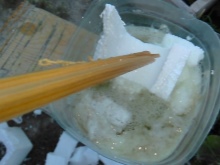
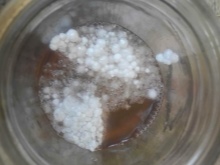
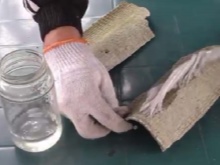
With nitrolac
Before work, it is necessary to dilute the nitrolacquer with acetone. After you need to stir the resulting composition with foam. The process is the same as in the previous recipe. This option is more appropriate if the glue solution will subsequently be used for waterproofing. It turns out to be liquid and not as viscous as in the case of gasoline. This glue can be used to easily fill imperfections on floors.
The use of nitro varnish as a solvent is ideal for those who need to prepare something like a putty mixture. The adhesive can be used to coat metal and wood fences.
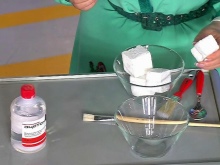
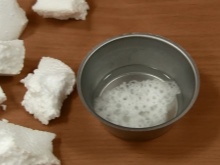
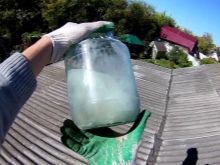
Precautionary measures
To maintain health, when preparing a foam-based solution on your own, you need to follow some precautions. This will help prevent accidents. When the foam dissolves, flammable and toxic substances are released into the air. So that they do not harm a person, you need to properly organize your workplace and select high-quality equipment.
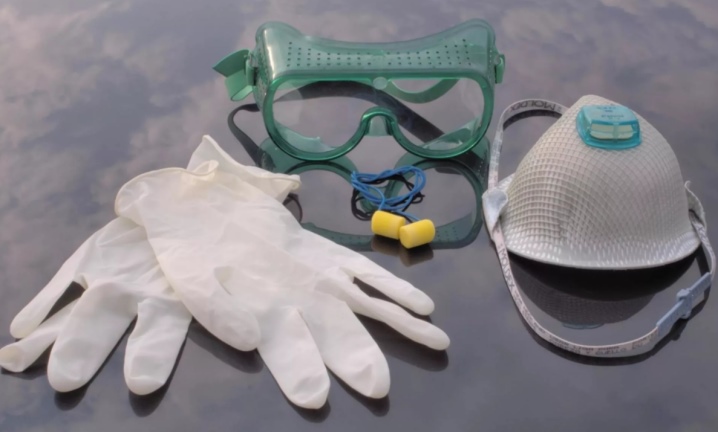
Basic rules of work.
- The room must have adequate ventilation. This can be ventilation (open windows and doors), as well as a working fan or a working hood.
- There should be no sources of open flame near the workplace. It is also worth checking if there are any gas pipes nearby, faulty wiring.
- Smoking is strictly prohibited during work.
- It is necessary to wear clothes with long sleeves, purchase long rubber gloves. It is important to protect the respiratory tract and eyes. Glasses and a respirator will help with this.
To prevent the inhalation of toxic fumes, objects with glue applied to them should be placed outside the living area. If they cannot be taken out, it is worth leaving all windows open and making sure that family members and animals do not enter the room. Also, the room must be left by the one who prepared the glue solution.
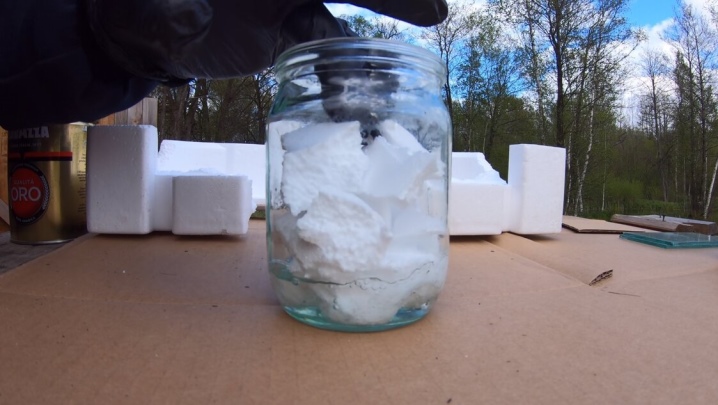
Poisoning symptoms:
- there is a slight burning sensation in the eyes and nasopharynx;
- a person begins to sneeze and cough, feels choking;
- dizzy;
- the gait becomes wobbly;
- convulsions begin;
- in case of severe poisoning, a person may faint.
If any of these signs appear during the preparation of the glue, it is necessary to urgently leave the poisoned room. If the eyes burn, rinse them with clean water. If solvent gets on hands or other exposed areas, wash thoroughly with soap and water. If a person has not fainted, but is conscious, he needs to drink warm milk and activated charcoal. If symptoms indicate severe intoxication, the patient needs to call an ambulance. It is extremely important to remember the safety rules, otherwise, instead of an effective glue, a person can get serious health problems.
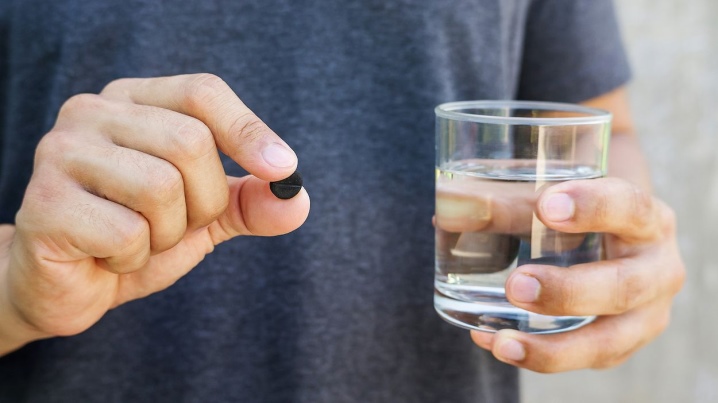
Applications
Such adhesives are a real godsend, especially if there is no other glue in the house. Here are some options for where exactly the composition can be used.
- You can use a solution in order to connect the elements of the interior. For example, it is effective to fix the cornice. The glue has good adhesion, so the owner of the room does not have to worry about the element coming off over time.
- Thanks to the tool, you can quickly and easily connect furniture parts.
- During the renovation process, you can use glue as a means for installing skirting boards on the ceiling. It also adheres well to stucco moldings.
- Bonding of cardboard packaging and fiberboard joints.
- With the help of foam glue, you can independently repair household appliances and utensils that are not intended to be eaten from them.
- The adhesive makes it easy to repair the roof (slate and shingles). Before the procedure, the surface should be thoroughly prepared (cleaned). After preparation, the crack in the roof is filled on both sides. Then you need to apply patches and press them. It is necessary to repair slate in dry weather, since in this case ideal conditions are created for the solution to dry. Such patches can last for about 2 years;
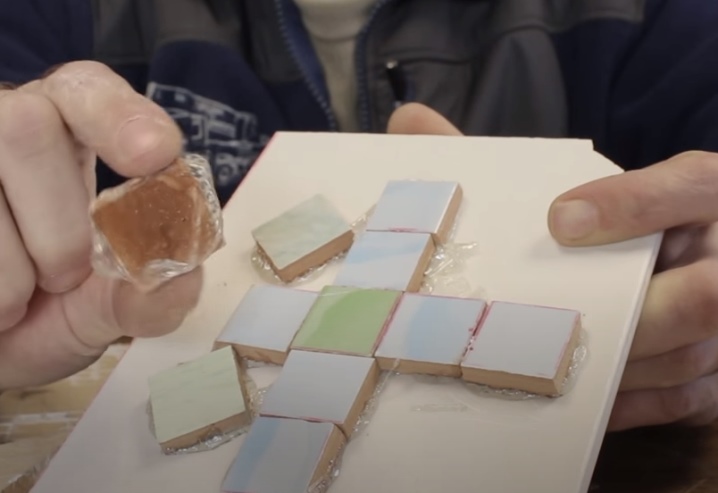
Sometimes glue is used for shoes, plastic and tiles. It is important not to use it to fix things that people will later eat from, because, as mentioned earlier, this will be unsafe. Foam mortar is used in various fields, it can be used to repair the floor, or to fill it, getting a beautiful visual effect.
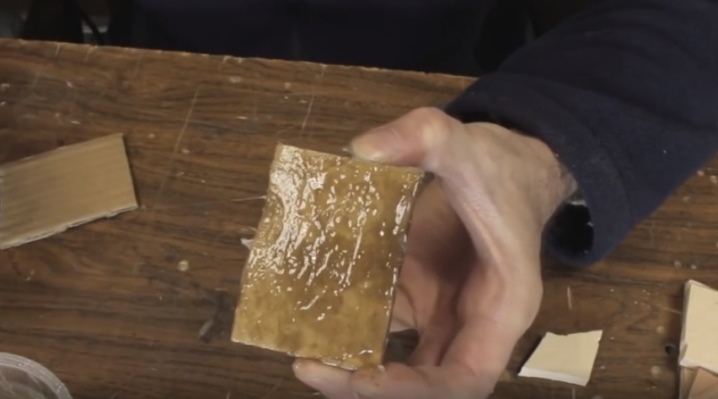
Storage
Homemade foam glue has a short shelf life and deteriorates quickly. It must be made before gluing and not kept at home. It is better to dispose of the remaining solution, but it is important to immediately throw the unnecessary solution into a trash can on the street.
The substances used to prepare the glue are highly volatile.
If the solution is put in an open container and left in it for a while, the solvent will disappear (evaporate), and the composition will look like a glassy mass. If the bottle containing the solution is tightly closed, the evaporation process of the solvents will take longer, but the quality of the glue that has stood will suffer.
The adhesive that can be made from foam has both advantages and disadvantages. It is ideal for people who need a quality substance for renovation or construction. You should not prepare an adhesive solution with children or for children's crafts, as it contains unsafe components. An adult, on the other hand, who remembers the precautions, can easily and easily make this solution and use it at his own discretion.
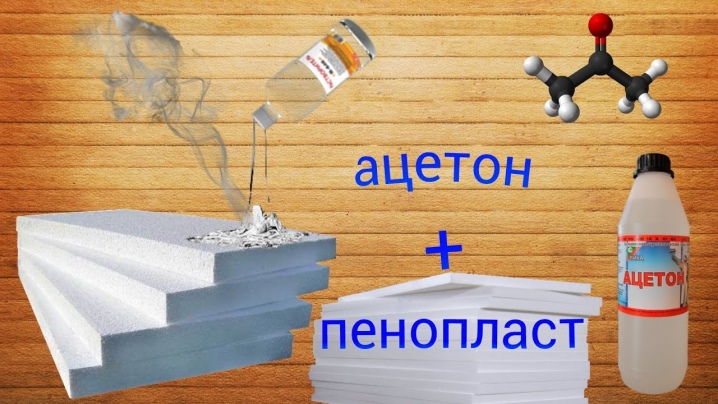
Next, watch a video on how to make foam glue and its capabilities.













The comment was sent successfully.